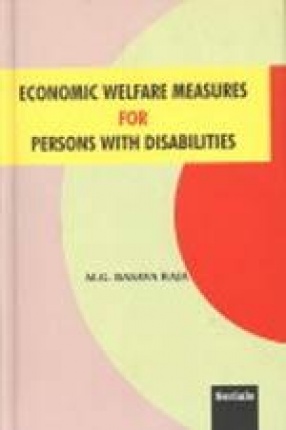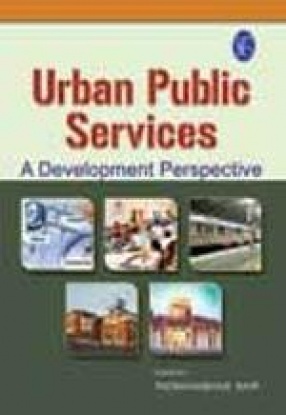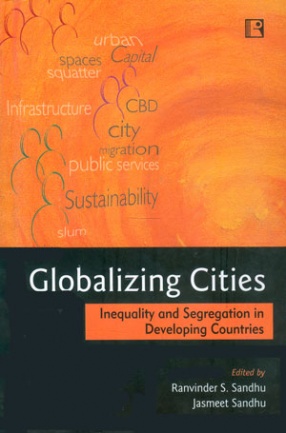This book is the outcome of a seminar on the theme “World Trade Organisation Regional Trading Arragements and Indiaâ€, organized by the Division of Economics, Mysore University. Sir, M. Visvesvaraya P.G. Centre, Mandya during 17th and 18th of April 2002. This book consists of 31 papers contributed by scholars from different Universities/Institutions. World Trade Organisation: WTO is the only international organization dealing with the international rules of trade between member countries. The main function of WTO is to ensure that trade flows as smoothly, predictably and freely as possible. The WTO is as much about law as it is about trade. The total number of membership of WTO is 144 (2202). Mr. Supachai Panitch Pakdi is the Director-General of WTO. Regional Trading Arrangements RTAs are a part and parcel of the present international economic other. RTAs called a “Spaghetti Bowl†due to their over lapping nature, are accepted as the “Second Best†of multilateralism. The EU, the NAFTA, the ASEAN, the SAARC, the MERCOSUR, the Australia-New Zealand Closer Economic Relationship Aagreement etc. are some of the examples of RTAs. From 1947 to early 2002, GATT-WTO had been informed of the creation of more than 198 RTAs, although some no longer exist or they remain insubstantial. India is one of the founding members of WTO and SAARC. In the blast seven years, India has won disputes against US relating to import restrictions on woven wool shirts/blouses, shrimps / shrimps S. Products; against the EU concerning anti-dumping duties on cotton type bed linen; and against Turkey in the matter of imports restrictions on textiles / clothing. India has also lodged complaints against the imposition of anti-dumping duties by South Africa on Pharmaceuticals, by Brazil on jute bags and by the EU on cotton fabrics. The US and the EU have won the cases against India on patents in pharmaceuticals, and import restrictions on agriculture / consumer goods / automobiles. In the next few years, the WTOs DSM might well be inundated with disputes relating to new member of WTO – China
World Trade Organisation: Regional Trading Arrangements and India
In stock
Free & Quick Delivery Worldwide
reviews
Bibliographic information
Title
World Trade Organisation: Regional Trading Arrangements and India
Author
Edition
1st ed.
Publisher
ISBN
8186771158
Length
xviii+145p., Figures; Tables; Index; 23cm.
Subjects






There are no reviews yet.